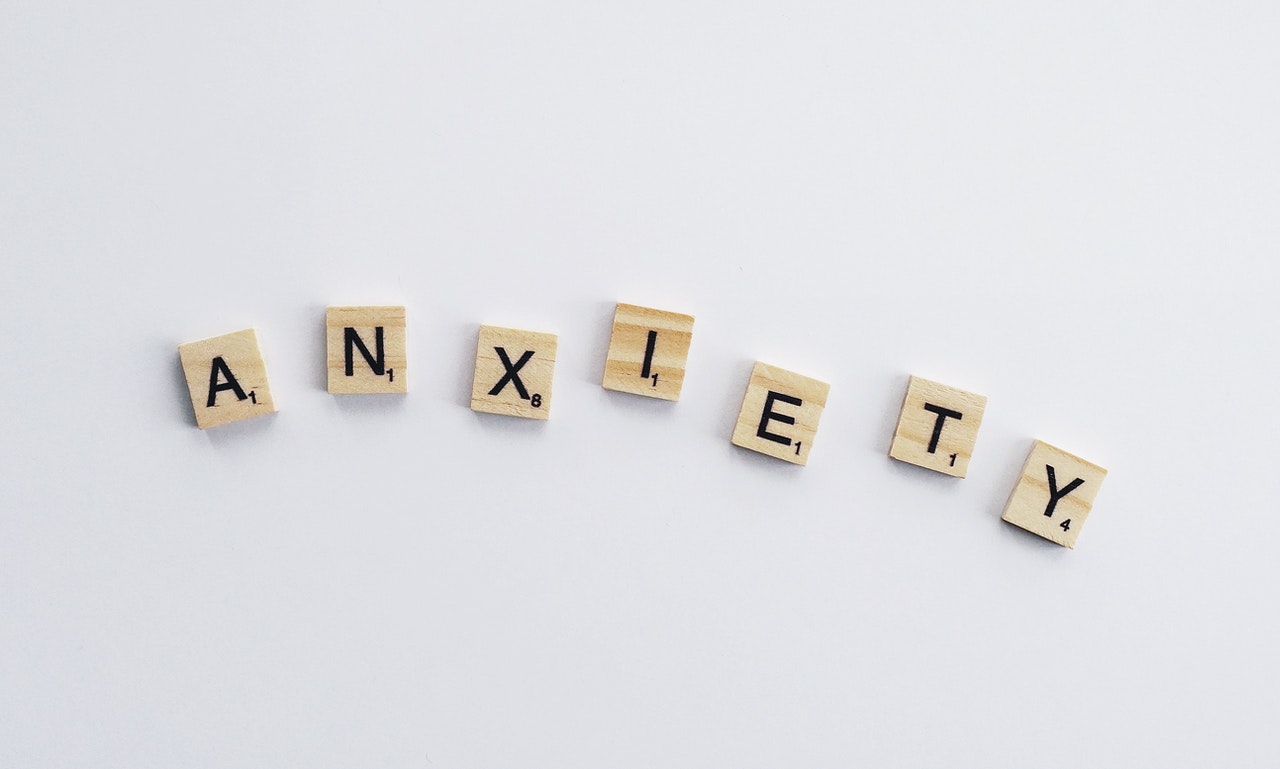
(adapted from an article in Best Health Magazine – Aug/Sept 2020)
What’s the difference between worry, stress and anxiety anyways, and what does it have to do with pelvic pain? We often use these terms interchangeably but there is a difference.
- Stress is a reaction to pressure. Think of an elastic band when you “stress” it by stretching it. It does fine until it reaches a certain breaking point and then it snaps. We do that too!
- Worry is a negative thought you have about some uncertainty in your life.
Worry is a thought whereas stress is a feeling.
- Anxiety is your mental and physiological response, (not your feeling), to a perceived threat. Worry is only one of a few different responses we can have to a threat. Worry takes place in our minds whereas anxiety can manifest itself physically.
So what’s the point? These 3 states seem to work progressively. You can start by feeling stressed about something going on in your life, then, you start to worry about it more and more until it may eventually cause you anxiety. The tighter wound you get, the more your body begins to respond to what your mind is trying to navigate.
How does stress, worry and anxiety affect pelvic pain?
- The pelvis and surrounding pelvic girdle area is made up of muscles called the pelvic floor muscles. Muscles, of any kind, can tend to tighten and lock when stressed.
- This group of muscles attach from our coccyx (tailbone) to our pubic bone and ischial tuberosities (sits bones). So, they provide support for our internal organs such as bladder, uterus, and rectum.
- These muscles function to prevent urinary and fecal incontinence, prevent pelvic organ prolapse, have a sexual function, help with the lymphatic system and are part of our inner abdominal core unit.
- You have no way to control which muscles in your body are going to respond to the stress, worry or anxiety you are under. Some people carry the stress in their shoulders, some in their gut, others in their pelvic area.
What can be done about easing stress and pelvic pain?
Pelvic health physiotherapy should be the first line of treatment for people experiencing any incontinence, pain, tension or dysfunction. A pelvic health physiotherapist is qualified and trained to conduct an internal and external evaluation of the pelvic floor. To properly assess the strength and tension of these muscles a vaginal and/or rectal exam may be performed. The therapists at Durham Pelvic Health work closely with their patients to ensure a proper treatment plan that involves an “at home” program of care as well.
As part of that home program you can work on managing your stress. Easier said than done, right? But if we know this stress is starting to turn into anxiety and affect us physically, we need to take managing it, seriously.
Here’s a few tips to help manage stress, worry and anxiety:
- Practice mindful meditation
- Focus on your breath and what you are feeling in the present moment without any judgment. Give yourself permission to just breathe and acknowledge your emotions as they pass by. Don’t let them dictate any response from you.
- Worry is often about future scenarios that you may not be able to control, (or even make a mess trying to!)
- Mindfulness grounds you in the moment and keeps you where you are, not where you think you may end up. When you can feel the frustration growing you have the ability to stop and center yourself by slowing your brain down and not reacting.
- Mindful meditation isn’t something you master the first time you try it. It takes consistent practice and intention. Try starting with just a few minutes at the same time every day and then build from there – a few times a day.
2. Try Different Breathing Techniques
- Try “box breathing”. Inhale for 4 seconds, hold for 4 seconds, exhale for 4 seconds, hold for 4 seconds then repeat the sequence for about 2 min.
- Concentrate on breathing from your belly instead of your chest.
- Set a reminder on your phone to practice both mindfulness and deep breathing a few times a day
3. Write out your worries
- Sometimes just writing out what we are stressed about takes the power away from it having the freedom to float around in your head.
- When you write your worries out on paper it may be easier to see a solution.
By helping to control your stress, and worry you can work to prevent it from turning into anxiety. Relaxing your mind internally will help your body relax externally, including those pelvic floor muscles.
All these things can assist you with the program your therapist recommends and it’s important to discuss them with your practitioner.
The information here is intended for educational purposes only. It should not replace or be relied upon in the place of medical advice given by a health care provider.
Please visit our website or call us for an appointment.








